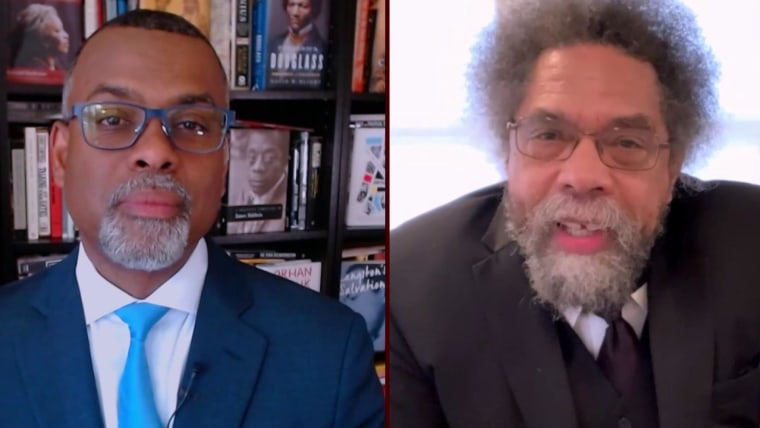

Glaude’s forceful use of “we” in this passage is explicitly connected to Baldwin’s much-discussed employment of the pronoun in ambiguous and changing ways over the course of his writings. “When we are surprised to see the reemergence of Klansmen, neo-Nazis, and other white nationalists,” Glaude continues, “we reveal our willful ignorance about how our own choices make them possible.” Recounting his own recent visit to the Legacy Museum and the National Memorial for Peace and Justice in Montgomery, Alabama, for instance, Glaude notes that visitors to these sites carry with them the history of slavery, Jim Crow, and mass incarceration. Glaude Jr.’s Begin Again: James Baldwin’s America and Its Urgent Lessons for Our Own effectively interweaves Baldwin’s time with our own. … Unfortunately, northern capitalists and southern landlords destroyed this unity and order.” 1 In interpreting his country’s present and envisioning its future, Baldwin turned to the past.Įlaborating on the entanglements between the past and present of US politics, Eddie S. “Black and white people were side by side even in trade unions in the South,” Baldwin said, and continued: “We had Black members in Parliament. He explained that the future he imagined already existed in the past of the country, namely in the Reconstruction era.

Baldwin, in his reply, chose instead to talk about the history of the United States.

In 1965, a reporter for Cumhuriyet, a Turkish daily newspaper, asked the novelist, playwright, and essayist James Baldwin-then living in Istanbul-about his dreams for the future of the United States.


 0 kommentar(er)
0 kommentar(er)
